New fund a solution to GMT concerns
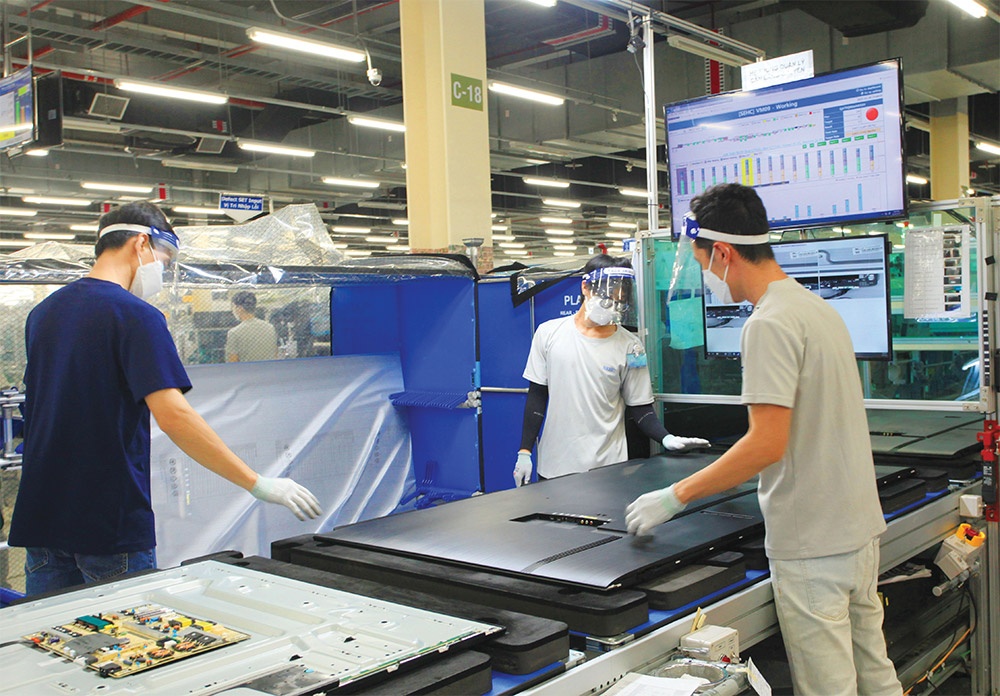 |
| Clarity on the draft is being sought by investors, photo Le Toan |
The draft on the establishment, management, and use of the investment support fund was released in February by the Ministry of Planning and Investment (MPI) for public consultation.
During a workshop on the comments last week, numerous foreign investors expressed their concerns about the scope and subjects of the draft.
The investment support fund will be an off-budget state financial fund, and a public service unit under the Ministry of Finance, with legal status, with an account at the State Treasury. The fund’s organisational structure will include a management council, executive agency, and control board.
The fund’s financial sources, to be allocated in September each year, will come from two main sources: additional corporate income tax revenue following regulations to prevent global tax base erosion, and other legal sources such as the state budget, and those outside the state budget, and other voluntary contributions.
According to experts, businesses affected by the global minimum tax (GMT) come from various industries, not only high-tech ones.
If the fund supports businesses in the high-tech sector only, it is too narrow.
Experts also emphasised the need to clarify the criteria of enterprises with projects in research and development (R&D) centres. In fact, numerous enterprises invest in R&D, but do not build a centre. In this case, experts argued, whether investors will be supported or not and how they will get support must be clarified.
A representative of NIDEC, an enterprise with large-scale investments in high-tech parks, said that it was necessary to think about supporting investment on a group-wide scale.
“We have 13 subsidiaries in Vietnam, so the total investment of all the subsidiaries should be calculated when getting support. This will encourage businesses to invest deeply and much more in Vietnam,” the NIDEC representative said.
In the draft decree, the subjects receiving assistance from the investment support fund will be enterprises with ventures in high-tech manufacturing; high-tech enterprises; and enterprises with R&D centres.
Furthermore, they must also meet one of the criteria such as achieving an investment capital of over $500 million, reaching annual revenue of more than $833.3 million, or a minimum disbursement of $500 million within three years.
Do Van Su, deputy director general of the Foreign Investment Agency under the MPI, said that the ministry plans to add enterprises investing abroad as a beneficiary of support that meet the criteria of investment, revenue, and disbursement progress.
“Moreover, state-owned enterprises that lead the economy, and meet the criteria of total assets, financial performance, brand, and management capacity, will also be a beneficiary,” Su said.
Deputy Minister of Planning and Investment Nguyen Thi Bich Ngoc said that the draft did not aim to compensate investors affected by the GMT. The policy will not discriminate against local or foreign-invested enterprises, existing enterprises, or new investments. If meeting the criteria of the policy, they will get support.
“There will be no asking and giving. The procedure will be regulated transparently and clearly, following international practices and the Organisation for Economic Co-operation and Development’s (OECD) regulations. Processes and procedures will also be built to create convenience for both investors and state agencies,” Ngoc said.
“We set up the investment support fund not to support businesses affected by the GMT, but to create stability and convenience for the investment environment, as well as lure investment into the fields that Vietnam is welcome.”
In the decree draft, there is a lot of investment assistance, including supporting R&D activities, the production of high-tech products, labour training costs, fixed asset costs, and investing in social infrastructure.
However, Hong Sun, chairman of the Korea Chamber of Business in Vietnam, said that the amount of support available was not enough to attract other investment.
“Eligibility for support is still hard. The criteria for project scale to receive this support is very high, so it should be expanded and loosened so that more businesses can receive assistance,” he said.
A representative of the Japan External Trade Organization in Hanoi said that investment support should be given to both small-scale enterprises, but with great contributions to supply chains, and those contributing to high-tech industries in Vietnam.
With the exact same concern, Pham Minh Cao, deputy director of Hyosung’s External Relations, wondered about the regulation that the project must be disbursed within three years.
“If investing in biotechnology, we may not be able to disburse funds within three years. It may take 5-10 years to fully disburse all $500 million because we need time to study and consider investments,” he said.
“Hyosung has invested more than $4 billion in Vietnam and plans to pour $1.5 billion additionally in the southern province of Ba Ria-Vung Tau. But most likely, each project may not meet the criteria of $500 million, so the company will not be able to get assistance from the fund, according to the current draft,” he added.
Meanwhile, other foreign investors are concerned that it may take time to receive support (probably from the end of 2025 or early 2026) to wait for implementation guidelines and take time to apply. So they have suggested building a clear support roadmap to stabilise the investment environment because Vietnam has never applied such monetary support policy.
Concerned about the mechanism for receiving support, Vu Tu Thanh, executive vice president at the US-ASEAN Business Council asked, “If businesses pay enough additional taxes like GMT and receive investment support from Vietnam, but their home country still thinks that investors are receiving tax exemptions, what will happen?”
Deputy Minister Ngoc said that the MPI was studying international practices and OECD regulations very carefully to ensure that no businesses have to pay more tax in their home countries.
| Kim Hee Sung, senior managing director LG Display
We propose that the government and the MPI consider projects that manufacture high-tech products and have research and development centres to be prioritised for support, especially without requiring any certificate (or confirmation) for this. If businesses have to apply the certificates for high-tech product manufacturing projects, it will be a huge pressure on administrative procedures. In fact, large-scale projects are creating very positive spillover effects in society such as millions of jobs for local people, contributing large revenues to the state budget, and attracting satellite vendors/ investors. So this sector needs to be paid attention and developed, in accordance with the goal of attracting foreign investment this decade. In order to support for production costs of high-tech products, we propose the assistances following the ratio of production costs, instead of just based on the added value of products because the target of the fund is large-scale projects, producing high-tech products. The lower level of support can be based on the proportion of total production costs, including machinery, human resources, and input materials. Support for training and human resource development costs is also critical, but the amount of support in the draft is not attractive enough. We need a team of high-quality workers to manufacture high-tech products, so recruitment and remuneration are essential to draw in talent and high-quality engineers, so human resources costs account for a large proportion (including salaries, bonuses, subsidies, and recruitment costs) to strengthen the development of high-tech production. Dao Thi Thu Huyen, senior manager Canon Vietnam
The draft has proposed numerous support policies for businesses in the high-tech sector. However, businesses affected by the GMT are operating in various fields on a large scale, and great contributions to Vietnam’s socioeconomic development. Therefore, we propose to add some subjects like the policies and regulations in the Law on Investment, the Law on Corporate Income Tax, and balancing the interests between investors and the state. More businesses can benefit from this support policy, as well as consistent with the selection of subjects. For example, a beneficiary should meet three criteria: electronic production with high technology, total registered investment at $2 million or more, and employing 15,000 regular workers or more, based on the social insurance submission dossiers. In addition, to receive support from the fund, businesses must complete many procedures, which must be appraised and approved by numerous agencies with a total time of three months at least. However, the General Department of Taxation (GDT) has enough involved data based on the businesses’ tax finalisation reports. Therefore, we propose to simplify the procedures for receiving support that the fund confirms with the GDT to determine beneficiary businesses, and the amount of assistance, then notify firms. After the confirmation, the fund will automatically send money to the enterprise. Virginia Foote, vice chair, American Chamber of Commerce in Hanoi
The fund could look at howcompanies transition from the GMT and how they qualify; if a company is investing in renewable energy or supplementing their energy purchase from the grid, or if they are supplementing their energy with renewables. In general, we want to be sure that the fund doesn’t become a source of controversy bureaucratic difficulties or accusations of unfairness and how certain projects are chosen, and others are not, to make for a very smooth transition for Vietnam to the GMT. As the US and Vietnam upgraded ties last year, there’s great interest in the United States in increasing the platform of Vietnam for our supply chains, and products that end up in the US Therefore, getting this right in this climate is extremely important and could be greatly beneficial not only to our companies, but to Vietnam in general for attracting good, healthy, strong, high-value investment. There should be no question over whether domestic companies are favoured over foreign-led enterprises, or if state-owned groups are favoured over others, and this process must be seen as open and transparent. Therefore, the criteria used must be crystal clear and meet with the companies globally. We are continuing to work with our member companies who are affected by this and who could benefit from something like the fund, and we will continue to provide that input. The Vietnam Business Forum is asking for another meeting with the MPI in Washington, so this is a process that we will continue to provide feedback on, and work with MPI on, in the days and weeks going forward. Dong Thi Hanh, representative Samsung Vietnam
In the decree draft, policy for support in the production of high-tech products is very consistent with the directions of the government. The list of high-tech products has been mentioned in the Law on Science and Technology clearly, and I see the scope and beneficiary subjects in the draft decree to be very appropriate, supporting large-scale businesses with great contributions, great impact on the industrial ecosystem and ability to expand the supply chain in the country. Some neighbouring countries are also considering and issuing supporting policies to lure foreign investors. Samsung expects that, in the first half of the year, a decree on the fund will be issued and begin to be applied. However, in the decree draft, we are concerned about supporting state-owned enterprises that themselves already use a lot of capital, resources, and budget provided by the state, and their operation mechanism is different from other ones in the market. So we should consider carefully about this beneficiary subject. In addition, the decree draft should be pointed out a roadmap of implementation. At first, it is applied to high-tech enterprises, then the tax regulations should be reviewed and amended. Moreover, we propose to deduct the support amount from businesses’ annual tax expenses in order to cut down administrative procedures and simplify cash flow collection and expenditure between businesses and state agencies. Singapore has recently introduced a refundable investment credit policy, allowing assistance to be deducted from businesses’ tax obligations. The criteria for considering support should be clear to make it easy to enforce and check. For example, the way to determine added value should be easily understood and calculated. |
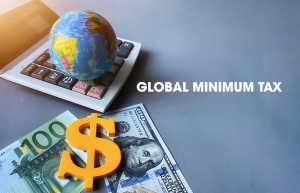 Vietnam races to stay competitive with new GMT Vietnam races to stay competitive with new GMT |
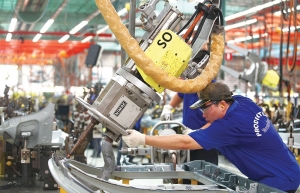 Mission now clear in journey to adapt to GMT rate Mission now clear in journey to adapt to GMT rate |
 Projected GMT consequences on foreign investment Projected GMT consequences on foreign investment |
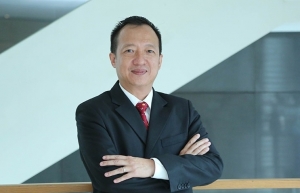 Preparations for a GMT overhaul Preparations for a GMT overhaul |
What the stars mean:
★ Poor ★ ★ Promising ★★★ Good ★★★★ Very good ★★★★★ Exceptional
Related Contents
Latest News
More News
- SK Innovation-led consortium wins $2.3 billion LNG project in Nghe An (February 25, 2026 | 07:56)
- THACO opens $70 million manufacturing complex in Danang (February 25, 2026 | 07:54)
- Phu Quoc International Airport expansion approved to meet rising demand (February 24, 2026 | 10:00)
- Bac Giang International Logistics Centre faces land clearance barrier (February 24, 2026 | 08:00)
- Bright prospects abound in European investment (February 19, 2026 | 20:27)
- Internal strengths attest to commitment to progress (February 19, 2026 | 20:13)
- Vietnam, New Zealand seek level-up in ties (February 19, 2026 | 18:06)
- Untapped potential in relations with Indonesia (February 19, 2026 | 17:56)
- German strengths match Vietnamese aspirations (February 19, 2026 | 17:40)
- Kim Long Motor and AOJ Suzhou enter strategic partnership (February 16, 2026 | 13:27)

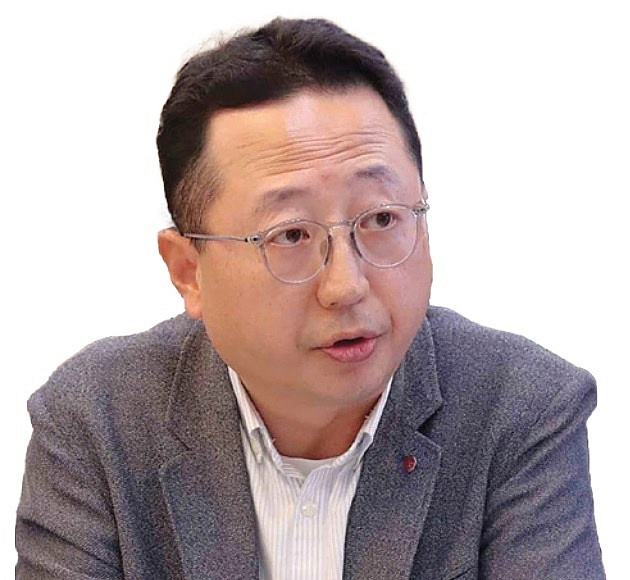
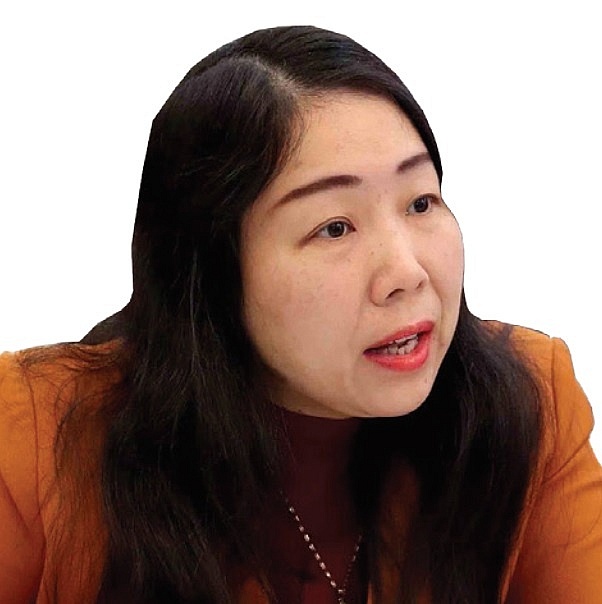


 Tag:
Tag:




















 Mobile Version
Mobile Version